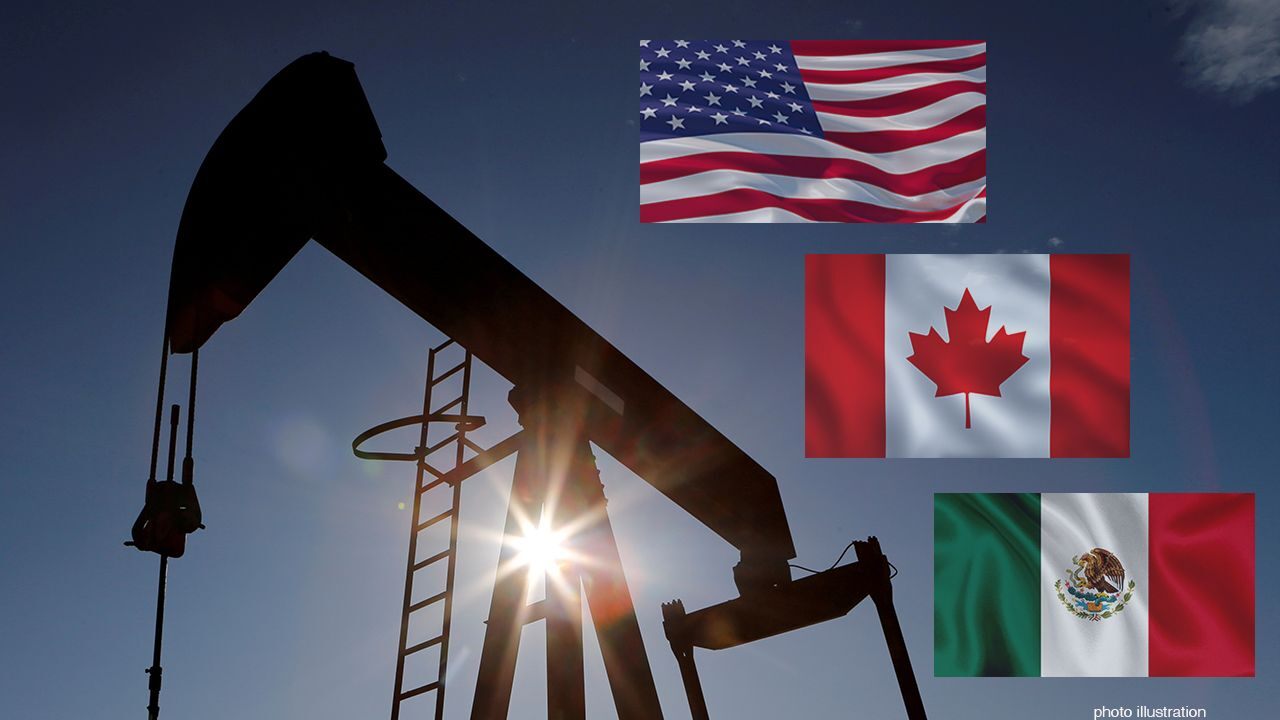Publisher’s Note: Much to the irritation of OPEC and world-wide national oil states, American innovations in hydraulic fracturing, horizontal drilling and seismic technology have all contributed to the Shale Revolution and has enabled the US energy industry to become the world’s largest oil producer.
Since 2014, OPEC has attempted to shut down US oil and gas producers by driving the price of oil down from just over $70 a barrel to less than $60 by the end of 2014, as a Reuters headline announced at the time that OPEC “Declares Price War on U.S. Shale Oil.” By January 2016, oil prices had dropped to less than $30 a barrel. With each subsequent attached by OPEC, US oil and gas producers have responded with innovations that reduce costs, improve efficiency and resource recovery, reduce environmental impacts and enhance the quality of life for the communities they operate in.
However, as recent as March 8, 2020, as the global COVID-19 pandemic was beginning to shake the foundations of the worlds economies, Russia and Saudi Arabia drove spot oil prices down to $11 a barrel by flooding the world market with oil.
Like all other US economic sectors, such as manufacturing, technology and the pharmaceutical industry, the US oil and gas industry deserves a mechanism for protection from unfair competition. Oil and Gas 360 is encouraged to see that Texas Railroad Commissioner Wayne Christian is looking at options within the framework of the United States-Mexico-Canada Agreement to protect North American energy from future hostile trade tactics.
The historic United States-Mexico-Canada Agreement, which goes into effect on Wednesday, could lay the groundwork to reshape the global energy market and create even more challenges for the once-dominant OPEC.

Source: Fox Business
The three countries are negotiating on an “American pact that will work together to protect American production against foreign forces that are detrimental against our energy production,” Texas Railroad Commissioner Wayne Christian, whose agency oversees the state’s oil industry, told FOX Business. “Whether that becomes something like an OPEC from North America or whether it’s just an agreement that we work together through the Department of Energy or through some other independent organization in the United States, that’s what we’re investigating.”
The talks include the Department of Energy, the Interstate Oil and Gas Compact Commission, Canada and Mexico, Christian added.
The DOE tempered the idea of an outright OPEC-like structure, but confirmed the USMCA’s emerging role in the energy market.
“There is no intent to replicate that [OPEC] structure here in North America,” a DOE spokesperson told FOX Business. “We do, however, continue to strongly support the trilateral U.S.-Mexico-Canada energy relationship, which is critical to North American energy security.”
USMCA allows the countries to craft a more trusting relationship on energy, according to Christian. Together, they conducted $1.2 trillion worth of commerce last year and the petroleum, natural gas and mineral sector was the third-largest source of trade, accounting for 14 percent of the total.
The U.S., already the world’s largest energy producer, pumped out 12.23 million barrels per day in 2019 and is on track to become the No. 1 exporter over the next few years. A 2016 oil discovery in the Permian Basin located in West Texas and New Mexico found an estimated 230 billion barrels of oil and trillions of cubic feet of natural gas. The discovery increases total U.S. reserves by almost nine times.
Currently, there are four liquefied natural gas terminals under construction in Texas alone, and they will soon be ready to make shipments to Mexico, China and Europe.
Most of the oil produced in Texas is light crude, which is good for making gasoline and oil, but not as useful in making asphalt and other products. Therefore, the U.S. needs to import heavy crude from Mexico and Canada.
Christian said he’d like to see a “Buy America First” agreement so that the U.S. can fulfill its heavy crude needs from neighbors rather than having to rely on shipments from halfway around the world.
The talks are occurring against a supply glut that is only now beginning to ease. Saudi Arabia in March slashed oil prices by 25 percent and began pumping out record amounts of crude after Russia refused to join OPEC producers in cutting production. The price war exacerbated the oversupply of the market after stay-at-home orders meant to slow the spread of COVID-19 brought nonessential travel to a standstill and reduced daily oil demand by 30 million barrels per day.
While USMCA offers a huge opportunity for energy at a critical time, getting the three-way relationship just right will be key, Christian said.
“We don’t want to become dependent upon foreign countries for our energy needs after we’ve been given this security, just like we handed off production of our medicals and our pharmaceuticals that we found so horrendous and counterproductive to the United States’ best interest like we did with China and some other countries where we were dependent on them for our medicines,” Christian said. “I don’t want to see that happen to oil and gas.”

